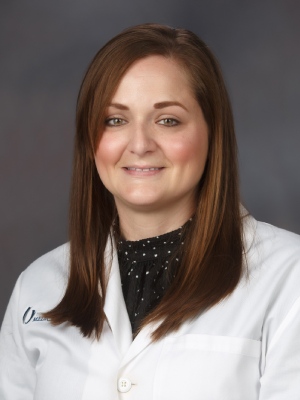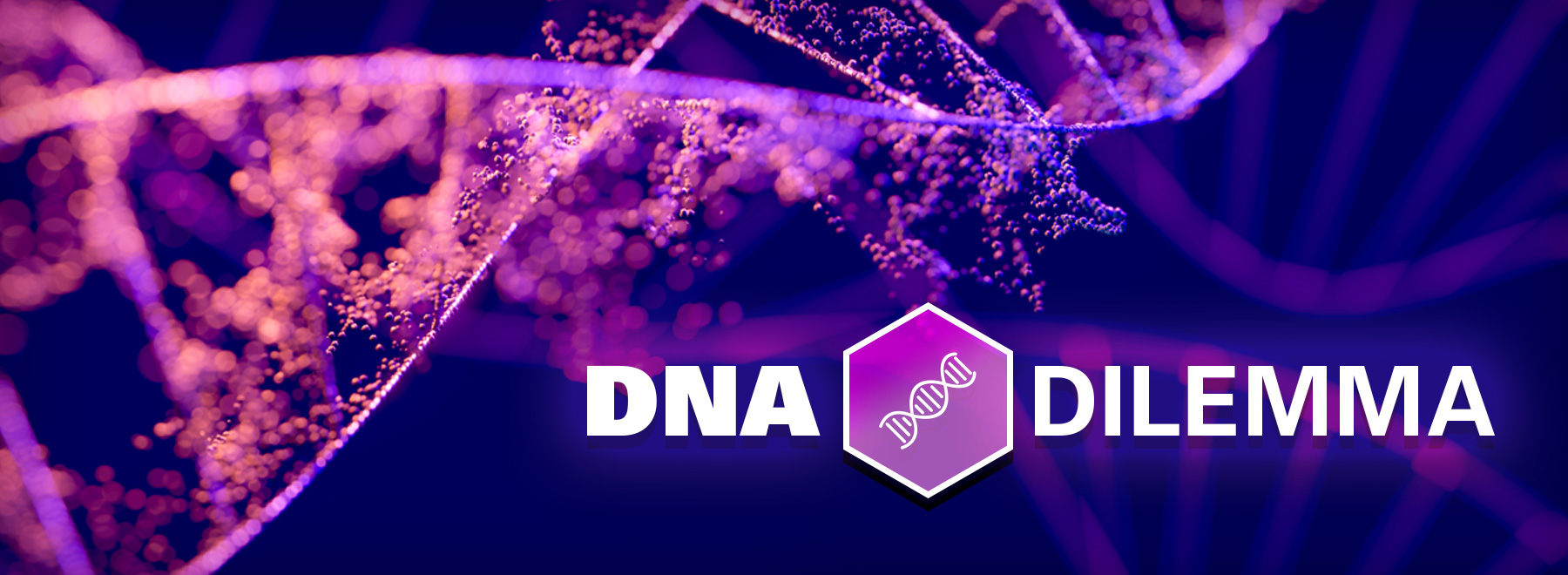DNA Dilemma: What to know about home genetics tests
World DNA Day is April 25, recognizing the day in 1953 when Rosalind Franklin captured the first image of the double helix. Fifty years later, the National Institutes of Health announced the completed sequence of the human genome.
Except that’s not quite what happened. The team didn’t actually sequence the whole genome –only about 92 percent. Furthermore, that structural blueprint of human life couldn’t show how many sections of DNA affected function.

“There are these large tracks and sections of the genome that we really don’t know anything about, or how they affect health,” said Dr. Brian Kirmse, professor of pediatrics and chief of the Division of Medical Genetics at the University of Mississippi Medical Center. “Our genetics lead to the structural variations that make each person unique. Human variation is very vast.”
Understanding these limitations is more important than ever as people can learn more about DNA by spitting in a tube, shipping it to a lab, and waiting six weeks for a personalized report of their ancestry and health.

Direct-to-consumer (DTC) genetic testing is popular, but it has its pitfalls, said Laura Hendon, a genetic counselor at Children’s of Mississippi. She helps families understand test results after a child is born with a suspected genetic disease, or the risk of a child inheriting a condition that their parents have based on carrier screens that check their DNA for known variants.
While some DTC tests screen for these variants, Hendon says you should never rely on these results. Frankly, there is no reason to.
“Clinical genetic screening is standard-of-care and should be offered” in all relevant healthcare settings, like prenatal care, Hendon said. In fact, most clinical labs and health settings will not recognize the result from a DTC test.
Instead, she says that if someone has concerns, “the right thing to do is to talk to a doctor and if possible, visit a genetic counselor who can construct a pedigree and interpret results from clinical genetic testing.”
There are some single-gene changes that can produce “dramatic phenotypes,” Kirmse said, or big changes in how the body functions. They include some of the variations that DTC tests detect, like those that are associated with cystic fibrosis or sickle-cell anemia. Other single-gene mutations can increase you risk of breast cancer or late-onset Alzheimer’s disease. One company, 23andMe, has Food and Drug Administration approval to market their product as medical test for these variants. Again, these tests are not a substitute for professional care, Kirmse said.
In addition, the few single-gene changes DTC tests may detect only scratch the surface.
“There are gene-gene interactions, polygenic traits and gene-environment interactions that all can influence health. We’re just at the beginning of understanding what different mutations mean,” Kirmse said.
In that vein, Hendon cautions that the results from a DTC test could lull someone into a “false sense of security,” she said.
For instance, lifestyle and environment can greatly affect your risk of some of the most common chronic conditions. If a DTC test says you have a below average risk of type 2 diabetes or heart disease over the course of your lifetimes, that’s not license to engage in poor diet and exercise habits, Hendon said.
She also points to another concern. DNA contains a massive amount of information about you and your health. That creates potential ethical concerns surrounding data privacy, genetic discrimination and biosecurity. It can also expose your family as well: Joseph DeAngelo – the Golden State Killer – was identified and arrested decades after his crimes using DNA samples submitted to DTC tests companies.
Despite recent experiments with gene editing and gene therapy clinical trials, there is nothing you can do to change your DNA.
“To me, there is just not a lot of medical utility for direct-to-consumer tests,” Hendon said. “People tend to not do well with uncertainty, and with genetics there are no guarantees.
“In medical genetics, we are working on risk mitigation, not elimination.”
One potential upside that both Hendon and Kirmse note is that DTC tests may encourage people to consider another way for genetics to factor into their lives.
“They might help bring more awareness to genetics and careers related to genetics,” Kirmse said. “We need more geneticists and genetic counselors in Mississippi."
The above article appears in CONSULT, UMMC’s monthly e-newsletter sharing news about cutting-edge clinical and health science education advances and innovative biomedical research at the Medical Center and giving you tips and suggestions on how you and the people you love can live a healthier life. Click here and enter your email address to receive CONSULT free of charge. You may cancel at any time.



